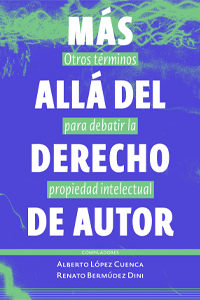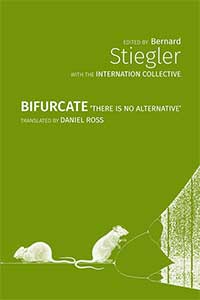Art & Knowledge
 Friday, March 18, 2022 at 12:25PM
Friday, March 18, 2022 at 12:25PM This is the abstract for a talk I am due to give with Mel Jordan as part of the programme of events (also featuring Emily Seghal and Joanna Drucker) organised to accompany the Bibliotech exhibition, Liverpool, May 5, 2022. The exhibition includes installations by Erica Scourti, Anna Barham, Silvio Lorruso and Diagonal Press.
---
Mel Jordan and Gary Hall, Art & Knowledge
For us, the arts and humanities are a site for the invention and testing of new knowledges, new practices, even new subjectivities, not least for the artist and author. Working with a range of different collaborators we carry out such tests in spaces traditionally associated with the institutions of the university and art school. We do so by reimagining various media-material aspects of the creation, circulation and sharing of art and knowledge, including books, journals, pamphlets and presses. See the Freee art collective’s choral reworking of pre-existing manifestos, or the processual texts of Open Humanities Press's two liquid and living books series. But we are also concerned to conduct such tests in the public sphere by collaborating on the reimagining of galleries, libraries, archives, museums and other elements of municipal infrastructure. In both cases we operate very much in terms of those social movements dedicated to radical open access, peer production, internet ‘piracy’ and the anti-privatised knowledge commons. We are now working on the following question: can the collaborative, performative approaches to art and knowledge we have developed with initiatives such as the Partisan Social Club and Media Gifts be translated to cities? The idea is to help reinvent them, too, through the provision of a diverse repertoire of counter-institutional alternatives to those galleries and libraries that are currently being provided by the state and corporate realms, often under the rubric of 'smart'. In the era of AI, blockchains and NFTs, do such counter-practices have the potential to generate a more socially just and environmentally sustainable way of living and learning in cities in the future?
 Gary Hall | Comments Off |
Gary Hall | Comments Off | 








